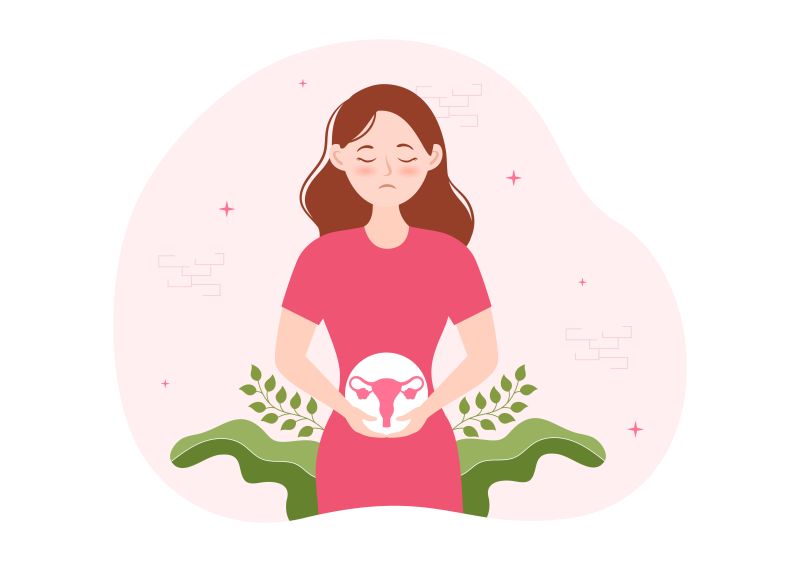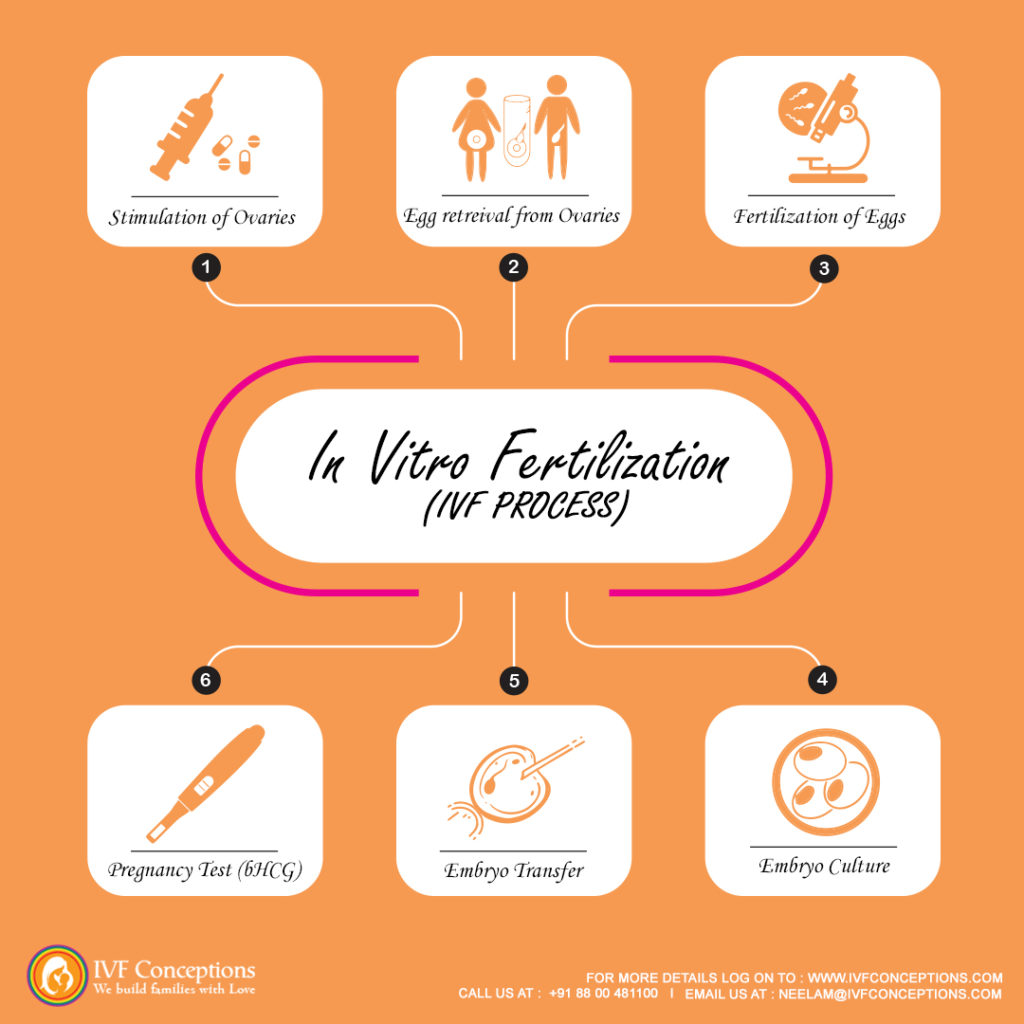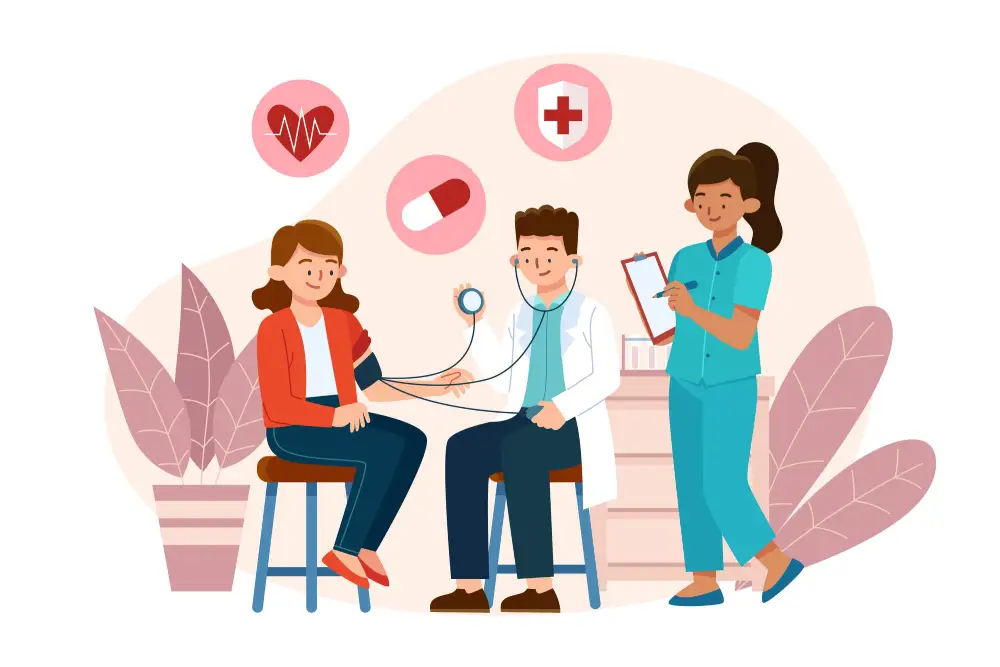How to Cope with the 2-Week Wait After IVF: Tips for Managing Stress and Anxiety

The two-week wait (2WW) after IVF can feel like one of the longest and most emotionally challenging periods for intended parents. After months of preparation, medications, and the actual embryo transfer, the waiting period to find out if you’re pregnant can be overwhelming.
During this time, stress, anxiety, and anticipation are common, but it’s essential to take care of both your mental and physical well-being.
In this blog post, we will explore how to cope with the 2-week wait after IVF and provide tips to help manage the emotional rollercoaster.
Get in touch for FREE SURROGACY CONSULTING:
Mobile: +91-8800481100 ( WhatsApp, Line, Viber)
Email: neelam@ivfconceptions.com
What Is the 2-Week Wait After IVF?
The 2-week wait refers to the period between the embryo transfer and the scheduled pregnancy test (usually a blood test called a beta-hCG). During this time, the embryo is either implanting into the uterine lining or not, but it’s too early to detect the pregnancy. This waiting period is crucial because the outcome of the IVF cycle depends on whether the embryo successfully implants.
However, because there’s little you can do to control the outcome during these two weeks, it’s common to experience heightened emotions.
Why Is the 2-Week Wait So Stressful?
The 2-week wait can be emotionally draining for several reasons:
- Uncertainty: You don’t know whether the embryo has been implanted, and this uncertainty can lead to stress, overthinking, and anxious thoughts.
- Investment: You’ve invested time, money, and emotions into the IVF process, making the stakes feel high.
- Hormonal Changes: IVF medications can cause fluctuations in your hormones, which may lead to mood swings, irritability, and heightened emotions.
- Physical Symptoms: Many women experience symptoms like cramping, bloating, or spotting during this time, and it’s difficult to tell if these are related to pregnancy, the IVF process, or upcoming menstruation.
Given these challenges, it’s important to find ways to cope during the 2WW.

10 Tips to Cope with the 2-Week Wait After IVF
1. Avoid Over-Analyzing Symptoms
One of the most common traps during the 2-week wait is symptom spotting. Cramping, bloating, or breast tenderness can be caused by IVF medications, hormone changes, or even normal bodily functions, and they don’t necessarily indicate pregnancy.
Instead of focusing on every little sensation, remind yourself that symptoms vary widely and may not be an accurate predictor of the outcome.
2. Set Realistic Expectations
While it’s natural to be hopeful, it’s important to balance optimism with realistic expectations. IVF success rates vary based on factors like age, egg quality, and overall health. Be aware of the success rates provided by your clinic, and understand that not every cycle results in pregnancy.
Being emotionally prepared for both outcomes can help soften the blow if the results are negative.
3. Stay Busy and Distracted
Keeping your mind occupied during the 2-week wait can prevent obsessive thoughts and constant worry. Consider engaging in activities you enjoy, such as:
- Reading a good book
- Watching your favorite movies or series
- Taking up a hobby like knitting, painting, or cooking
- Going for gentle walks or practicing light exercise
Staying busy can help you pass the time more quickly and take your mind off the uncertainty.
4. Limit Online Research and Forums
It’s tempting to spend hours searching the internet for signs, symptoms, and stories of other IVF experiences. However, this can often increase anxiety and lead to misinformation.
IVF journeys are highly individualized, and what worked for one person may not apply to your situation. Limiting your time on fertility forums and social media can help reduce feelings of comparison or anxiety.
5. Practice Mindfulness and Relaxation Techniques
Mindfulness and relaxation techniques are excellent tools for managing stress during the 2-week wait. Here are a few techniques you can try:
- Meditation: Even five to ten minutes a day can help center your thoughts and calm your mind. Guided meditation apps can be helpful.
- Deep Breathing Exercises: Practicing deep breathing for a few minutes each day can help reduce anxiety and improve your mental state.
- Yoga: Gentle yoga, especially restorative poses, can help relieve stress and tension.
These techniques help you stay present and avoid getting lost in anxious thoughts about the future.
6. Maintain a Healthy Routine
Maintaining a healthy lifestyle during the 2-week wait is important for both your mental and physical well-being. Here are a few healthy habits to follow:
- Eat Balanced Meals: Focus on nutrient-rich foods that can support your overall health. Fresh fruits, vegetables, whole grains, and lean proteins can help keep your energy levels stable.
- Stay Hydrated: Drinking plenty of water is essential to staying hydrated and feeling your best.
- Get Enough Sleep: Prioritize rest and aim for at least 7–9 hours of sleep each night to help manage stress and promote healing.
- Exercise Gently: While rigorous exercise may not be recommended during the 2-week wait, light activities like walking or stretching can boost your mood and reduce anxiety.
7. Journal Your Emotions
Journaling can be a therapeutic way to process your feelings during the 2-week wait. Writing down your thoughts and emotions can provide an outlet for stress and prevent you from bottling up anxious feelings.
Journaling also helps you reflect on your journey and keep track of how you’re coping day by day.
8. Connect with Supportive Friends and Family
Talking to someone who understands what you’re going through can be incredibly comforting during the 2-week wait. Whether it’s a partner, close friend, or family member, sharing your feelings with someone you trust can ease emotional burdens.
If you prefer to connect with others who have been through IVF, consider seeking out a support group or therapist who specializes in fertility.
9. Set Daily Intentions
Instead of letting anxiety take over your days, set a positive intention each morning. Focus on a mantra or affirmation like, “I am doing everything I can,” or “I trust the process.” This practice can help you maintain a positive mindset and redirect your thoughts when anxiety creeps in.
10. Avoid Early Testing

Success Rates and Expectations During the 2-Week Wait
Understanding the potential success rates of IVF can help manage your expectations during the 2-week wait. Success rates vary depending on age, medical history, and other factors, but here are general statistics:
- Women under 35 have around a 40%–50% chance of success per IVF cycle.
- Women aged 35–40 typically have a 30%–40% chance of success.
- Women over 40 generally have a success rate of 10%–20%.
While these numbers may seem discouraging for older women, keep in mind that every IVF journey is unique. Many factors influence outcomes, and having realistic expectations can help reduce stress during the waiting period.
One of the hardest aspects of the 2-week wait is resisting the urge to take a home pregnancy test early. While it’s tempting, testing too early can lead to inaccurate results due to fluctuating hormone levels, and this could cause unnecessary emotional distress. Trust your fertility clinic’s recommended test date and wait until then to avoid false negatives or unnecessary stress.

Step-by-Step Descriptions of the IVF Procedures:
- Step 1: Control Ovarian Hyperstimulation
- Step 2: Egg Retrieval.
- Step 3: Fertilization and Embryo Culture.
- Step 4: Embryo Quality.
- Step 5: Embryo Transfer.
- Step 6: BHCG test to confirm pregnancy.
The 2-week wait after the embryo transfer in an in vitro fertilization (IVF) cycle is a period of time when the woman must wait to take a pregnancy test to confirm if the procedure was successful. During this time, the woman may experience physical and emotional symptoms as she waits for the results of the pregnancy test.
The 2-week wait can be a challenging time for many women and their partners, as they are filled with hope and anxiety about the outcome of the IVF cycle.
The success of the IVF cycle depends on many factors like the age of the intended mother, sperm quality, uterus environment, etc. The success rate of the IVF cycle is estimated to be around 40-50% depending on the clinic and age of the intended mother, sperm quality, and uterus lining of the woman.
The intended mother is asked to return to IVF clinics after two weeks to confirm the pregnancy after the embryo transfer is done. To check the pregnancy, a test called the Beta-HCG test is conducted, this test measures the level of beta human chorionic gonadotropin (hCG) in the blood, which is a hormone produced during pregnancy. The elevated value of B-HCG indicates successful implantation.
Although women do perform urine tests at home, which produce accurate results, fertility doctors prefer to perform blood tests to assess the women’s hormonal status before confirming pregnancy.
Because gonadotropin is released by the placenta and it is expected that by 2 weeks after conception, the level of BHCG will be high enough to be detected in a blood test.
Read more:
How does the IVF process work?
Tips to improve the success rate of IVF?

Conclusion
If you are going through an infertility treatment feeling overwhelmed and struggling with uncertainty is a common thing.
According to the Centers for Disease Control and Prevention (CDC), the average cost of one IVF cycle in the USA is between $12,000 – $15,000, and success rates of in vitro fertilization (IVF) cycles in the United States for live birth rate per IVF cycle is 30-40% and multiple birth rate per IVF cycle: 20-30%.
If you’d like to learn more about IVF, Egg Donation, or surrogacy services globally, check out the rest of our website at IVF Conceptions. We offer legally secure and affordable surrogacy consulting services for FREE. We offer fertility and third-party reproductive services for all people, inclusive of age, race, income, sex, sexual orientation, gender identity, marital status, or geographic location.
Get in touch for FREE SURROGACY CONSULTING:
Mobile: +91-8800481100 ( WhatsApp, Line, Viber)
Email: neelam@ivfconceptions.com

FAQs About the 2-Week Wait After IVF
1. Can I exercise during the 2-week wait?
Yes, but it’s important to stick to light, low-impact activities like walking or gentle stretching. Avoid rigorous exercise that could put a strain on your body.
2. Are there specific foods I should eat during the 2-week wait?
Focus on a balanced diet rich in fruits, vegetables, whole grains, and lean proteins. Avoid overly processed foods and limit caffeine.
3. Is it normal to feel cramping or spotting during the 2-week wait?
Yes, mild cramping and spotting can occur and are often due to hormonal changes or embryo implantation. However, if you experience severe pain or heavy bleeding, contact your doctor.
4. Should I avoid taking pregnancy tests early?
Yes, testing too early can lead to false negatives and unnecessary stress. Follow your clinic’s advice and wait until the recommended date for the most accurate results.
5. How can I stay calm during the 2-week wait?
Try mindfulness techniques like meditation, journaling, and deep breathing. Stay busy with hobbies or activities you enjoy, and lean on your support system for encouragement.

